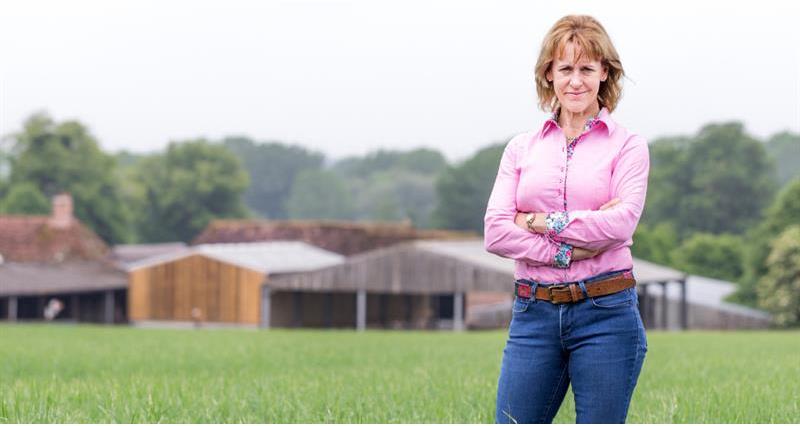Our ambition
The NFU recognises the urgency of tackling climate change, and farmers are more than ready to take on the challenge and play our part. Beyond minimising our industry’s greenhouse gas (GHG) emissions as far as possible, our ambition is to create a balance using ‘negative emissions’ from a variety of sources across the whole of agricultural production and land use by 2040, in the context of a changing climate.
The agricultural industry is looking to government and other stakeholders to act with us and help us deliver against this ambition, through concerted and robust action. Together, we aim to build a sustainable, competitive and profitable UK farm sector fit for the 21st century.
How we propose to achieve this
We will approach ‘net zero’ by continuing to reduce agricultural production emissions and by initiating negative emissions. The net zero ambition should not be achieved by exporting food production, but instead will require a combination of policies and practices focused on three key areas:
- improving farming's productive efficiency (including the health and vitality of animals and plants)
- targeted measures to increase and manage carbon storage on UK farms
- boosting production of land-based renewable energy, including bioenergy for processes coupled to carbon capture, storage and utilisation, to generate credits for GHG emissions avoided and GHG removal
Building upon our earlier work with the agricultural Greenhouse Gas Action Plan, and other industry-led environmental initiatives, the NFU looks forward to a smart and well-targeted partnership with Government and other agricultural stakeholders.
Background
The NFU has been evolving its policy on managing and balancing GHG emissions from the agricultural sector over the past year, in response to growing scientific evidence of the impacts of climate change, and the experience of our farmers and growers weathering extremes of cold, drought and flood during 2018.
Our next steps over the following three months will include developing more detailed briefing materials, including infographics and data-based modelling of GHG balances, to provide supporting evidence for our policy position and emerging recommendations.
More from NFUonline:
